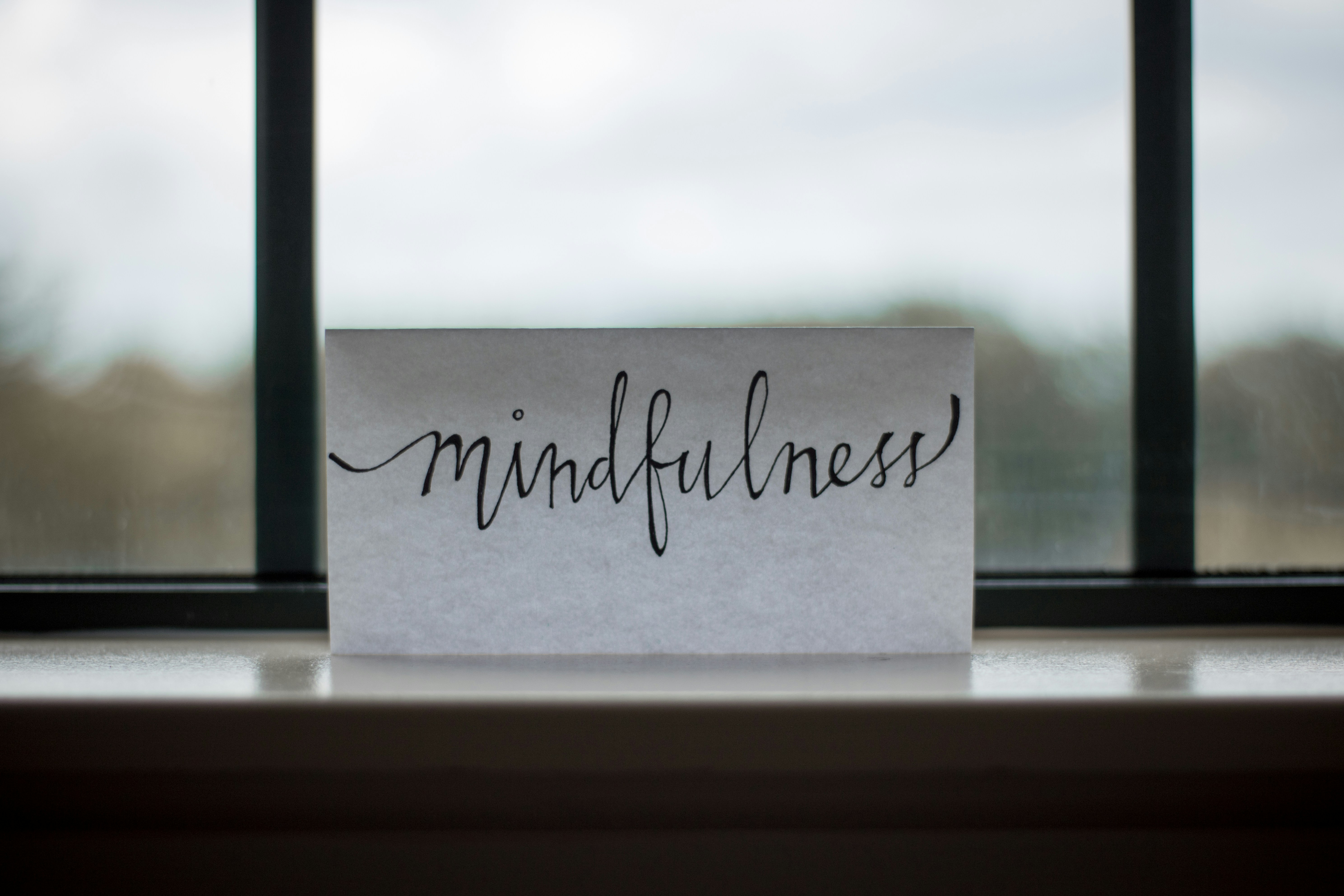Elevating Well-Being: The Importance of Mindfulness in Mental Health and Personal Development
November 16, 2024 | by delayrobyn@gmail.com
 Photo by Dustin Belt on Unsplash
Photo by Dustin Belt on Unsplash Understanding Mindfulness and Its Benefits
Mindfulness is a mental practice that originates from ancient contemplative traditions, particularly Buddhism, and has increasingly gained traction in modern psychological and therapeutic settings. It involves paying attention to the present moment without judgment, allowing individuals to cultivate a deeper awareness of their thoughts, feelings, and bodily sensations. In today’s fast-paced world, where distractions are abundant and life often feels overwhelming, practicing mindfulness offers a sanctuary of tranquility and insight.
The benefits of mindfulness practices are rooted in extensive scientific research. Studies suggest that engaging in mindfulness meditation can significantly reduce symptoms of stress, anxiety, and depression. By promoting a non-reactive awareness of one’s thoughts, individuals can better manage their emotional responses, leading to improved emotional regulation. This heightened awareness not only aids in coping with difficult emotions but also fosters a sense of calm and stability, which is essential for maintaining mental health.
Furthermore, mindfulness has been linked to enhanced cognitive functions, such as increased focus and concentration. Practicing mindfulness teaches individuals how to filter distractions and engage more fully in their tasks, which can be particularly beneficial in both personal and professional settings. When people are present and focused, they experience a greater depth of engagement and satisfaction in their activities, which contributes to overall personal development.
The integration of mindfulness into daily routines does not necessitate significant alterations to one’s lifestyle. Simple practices such as mindful breathing, where one concentrates on their breath while observing their thoughts without judgment, or engaging in mindful walking, where attention is placed on the sensations of movement, can be easily incorporated into everyday life. By dedicating even a few minutes each day to mindfulness, individuals can foster a greater sense of self-awareness and well-being, enhancing their mental health and personal growth.
Practical Mindfulness Techniques for Everyday Life
Incorporating mindfulness techniques into daily life can significantly enhance one’s mood and awareness. One of the simplest yet most effective practices is mindful breathing. To practice this, find a quiet space, sit comfortably, and focus on your breath. Inhale deeply through your nose, allowing your abdomen to expand. Hold the breath for a moment, then exhale slowly through your mouth. Repeat this process several times while paying attention to the sensations of each breath and releasing any distractions that arise. By dedicating just a few minutes each day to mindful breathing, individuals can cultivate a sense of calm and presence.
Meditation is another powerful mindfulness technique that can be easily integrated into a daily routine. To begin, select a comfortable position and close your eyes. Start by setting a timer for five to ten minutes, allowing for more extended periods as you become accustomed to the practice. Focus on your breath or use a mantra, gently bringing your attention back when your mind wanders. Regular meditation can foster emotional resilience and enhance mental clarity, contributing to personal development.
Gratitude journaling is also an excellent way to nurture mindfulness. Each day, set aside time to write down three things you are grateful for, focusing on the emotions these experiences evoke. This practice not only enhances awareness of positive aspects of life but also shifts the focus from stressors to more uplifting thoughts.
Integrating mindfulness into everyday activities can further solidify these techniques. During meals, for instance, practice mindful eating by savoring each bite, appreciating texture and flavor, thereby transforming a routine activity into a meditative experience. Similarly, when walking, pay attention to each step, the rhythm of your body, and the sensations around you. Embracing these practices in common activities promotes greater presence and contentment, paving the way for lasting positive changes in mental health and personal growth.
RELATED POSTS
View all

